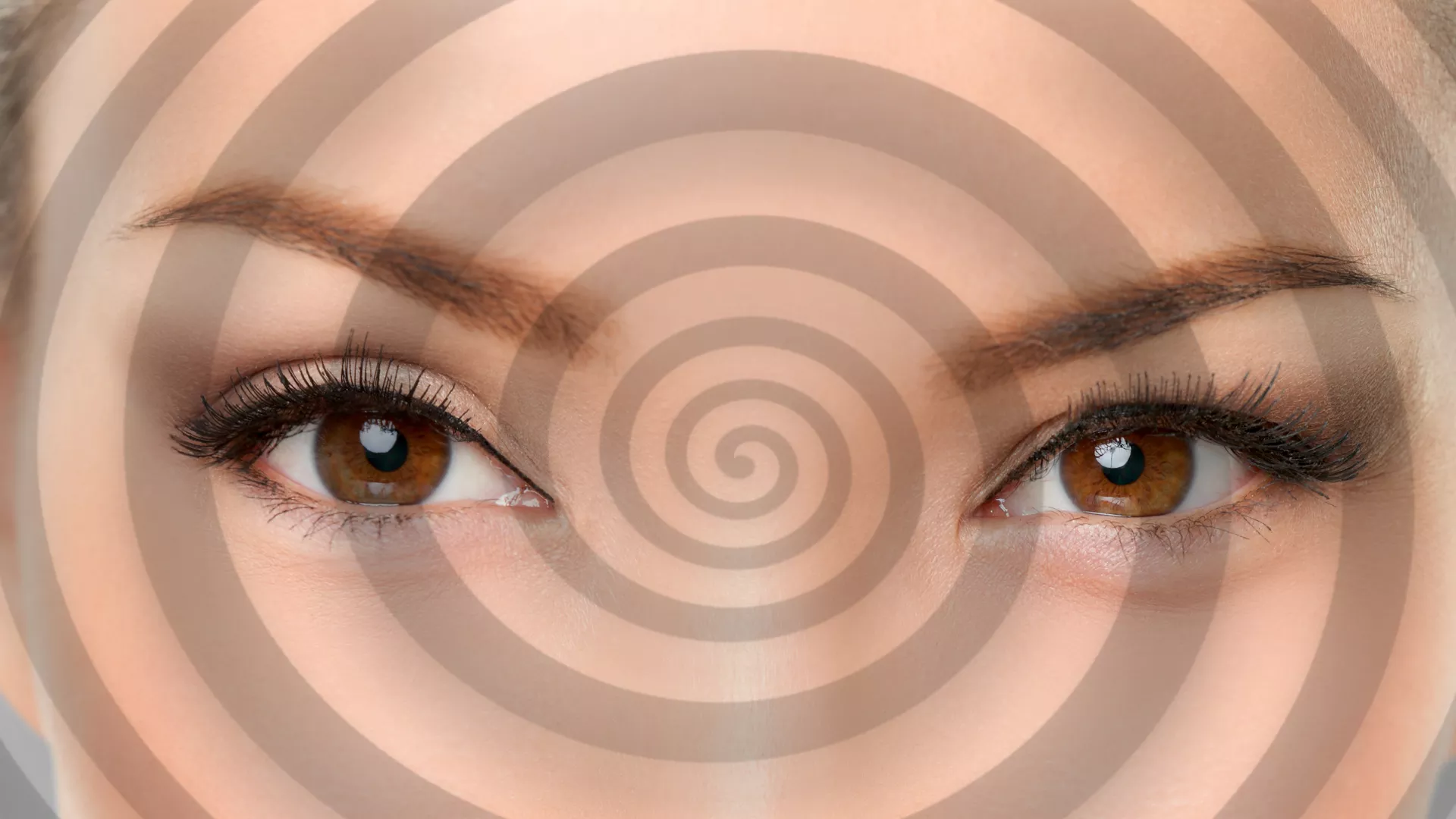
Hypnotherapy is a technique often used by professional psychotherapists. Hypnosis allows you to get rid of anxiety, neurosis, psychosomatic disorders, and is used as a method of psychocorrection. The method is based on working with the unconscious, bypassing consciousness, which allows you to remove psychological blocks and give positive attitudes. During a hypnosis session, the doctor identifies the reasons that led to the formation of somatic disorders or psychopathologies, with the help of memories or images that come to the patient.
Hypnosis is one of the most ancient techniques: it is known that priests used hypnosis more than 3 thousand years ago. Hypnosis was also used by doctors, and in the mid-19th century, psychiatrists adopted the technique. The development of hypnosis has led to the formation of several schools that differ in approach and methodology.
Hypnosis can be divided into 3 types: light, medium and deep trance. According to statistics, almost every person can be put into a light hypnotic state, about 80% of people into a medium state, and only 20% into a deep trance. Some people are classified as non-hypnotizable, that is, not susceptible to hypnosis.
In Israel, hypnosis is used as part of psychotherapy - there are about 10 Russian-speaking specialists working in Israel who are fluent in techniques and special hypnotic practices. Among these specialists is Mark Zevin, a psychiatrist at the «IsraClinic». To practice hypnosis in Israel, an appropriate license from the Ministry of Health and experience are required.
The purpose of hypnosis is to turn off the patient’s consciousness to work with the unconscious. To work through pathological conditions, suggestion is used: settings allow you to get rid of psychological disorders manifested by somatic symptoms.
«IsraClinic» widely uses a variety of hypnosis techniques to treat a variety of diseases and disorders:
• treatment of neurosis with hypnosis
• treatment of panic attacks with hypnosis
• treatment of tobacco smoking with hypnosis
• treatment of phobias with hypnosis
• treatment of insomnia with hypnosis
• treatment of psychosomatic diseases with hypnosis
• treatment of obsessive thoughts with hypnosis
• treatment of sexual disorders with hypnosis
• treatment of excess weight problems with hypnosis
Hypnosis can also be used in the treatment of post-traumatic syndromes, depression, and eating disorders. As a rule, hypnosis is always used in addition to other techniques - psychotherapy, drug treatment.
Classical or directive hypnosis. Often used for phobias and panic attacks. Treatment with hypnosis is carried out according to the classical scheme - the hypnotist gives instructions to get rid of fear or panic.
Ericksonian hypnosis. The technique was invented by Milton Erickson, an American specialist in the field of psychotherapy. Unlike classical hypnosis, communication between the doctor and the patient occurs without deep immersion in a trance. The technique is based on a dialogue, during which the patient develops certain images that help him cope with phobias, depression, panic attacks, and stress. In the application of Ericksonian hypnosis, the key phrase is visualization.
Accompanying hypnosis, or transbeleitung. The patient is in a deep trance, consciousness is preserved, the patient is talking with the doctor. This method does not use instructions or orders as in classical hypnosis; the doctor helps the patient deal with images or memories that come in a trance state.
These types of hypnosis are most often used in psychiatric practice.
Depending on the technique used, hypnosis can be divided into several stages:
1. Easy stage. Consciousness remains active, slight relaxation of the body is recorded, therapy is based on simple suggestions and dialogue.
2. Middle stage. The activity of consciousness is present, the body relaxes.
3. Hypnotic sleep. This is deep relaxation of the body, disconnected consciousness. The hypnotist gives instructions, after returning to consciousness they are forgotten. Memory does not record anything.
To introduce the patient into a hypnotic state, special techniques and a certain intonation are used. Additionally, music can be used. During hypnosis, the doctor talks to the patient - depending on the stage of immersion in the hypnotic state, the conversation can vary from a dialogue between the doctor and the patient to a doctor’s monologue, which gives clear instructions to the unconscious.
Hypnotherapy is indispensable for psychological trauma that requires immediate intervention from specialists and correction of emotional development.
Please note that there are several contraindications for hypnosis:
• pathologies of the central nervous system;
• acute psychosis;
• somatic diseases in the acute stage;
• pregnancy;
• heart attacks;
• strokes;
• bleeding
In addition, a trusting relationship between patient and therapist is important for a successful hypnosis session. Therefore, if for one reason or another the patient does not have a relationship with a specialist, the patient may not succumb to trance, dialogue, or attitudes.
Contrary to established myths about hypnosis, it is impossible to induce trance or deep hypnosis without the patient's desire. Also, during sessions, it is impossible to force a person to do anything contrary to his moral principles or inner beliefs. For example, you cannot force a person to commit an immoral act or a socially dangerous act. It is worth emphasizing that hypnosis should only be carried out by an experienced specialist, since the settings must be carried out correctly. If a session is conducted by a person without special education or unrelated to psychotherapy, the patient can be harmed. For example, having saved a patient from alcoholism using attitudes or coding, incorrectly pronounced phrases can contribute to the development of anxiety or phobias.
Hypnosis is a natural psychological state, as it helps you relax and switch. A person experiences a similar state before falling asleep or during rest and relaxation after a hard day at work or after stress.